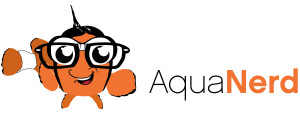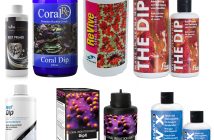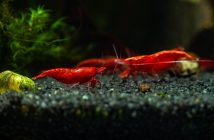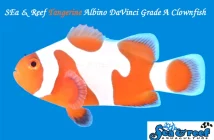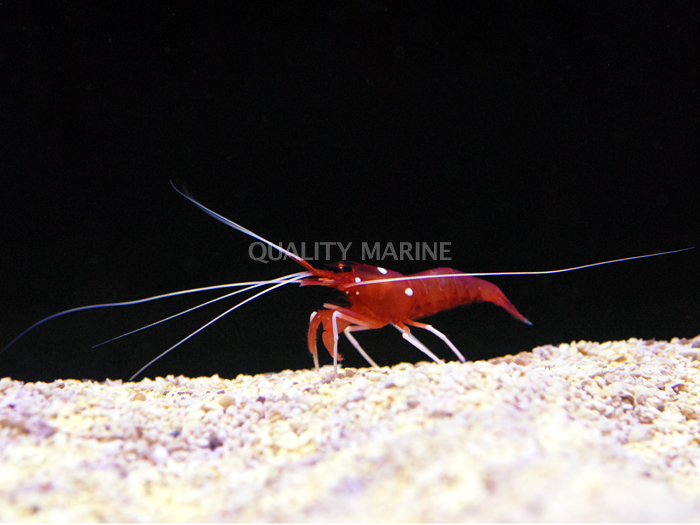
This has been an unprecedented year of breakthroughs in aquaculture. Quality Marine is proud to welcome yet another species to our ever growing list; as a result of our partnership with Roger Williams University, we are now able to offer Aquacultured Fire Shrimp (Lysmata debelius) to our customers. We do everything in our power to support aquaculture projects focused on marine ornamental species and as a result, are a leading source of these aquacultured livestock.
Fire Shrimp has long been a highly sought after species due to their deep, blood-red coloration and their parasitic cleaning qualities. In the wild, they occur throughout the Indo-Pacific. Most of the individuals look very similar throughout this range with the exception of specimens from the Maldives, which have more spots on their upper abdomen. They are found on coral reefs down to depths of around 60 feet. Like many Lysmata genus shrimp this species provides an important service on reefs where they clean parasites and dead skin off fish. Because of this function, responsible collection management is essential, which is yet another reason why these cultured specimens are so important to Quality Marine.
Undergraduate students at Roger Williams University embarked on the journey of culturing the Fire Shrimp during the fall of 2013 and they have worked on perfecting the process ever since. The project’s success took place in the university’s CEED Wet Lab, which was overseen by Dr. Andy Rhyne, Brad Bourque and Joseph Szczbak. One of the largest difficulties the project faced was housing these shrimp due to the cannibalism among post larvae.
Roger Williams University has had success in rearing multiple different types of shrimp throughout the years and they just added the Fire Shrimp to the list. The university has been making waves in the aquarium trade with the successful culturing of Catalina Gobies, Yasha Gobies, Peppermint Shrimp and Look Downs. Quality Marine has been honored to partner with Roger Williams University and to have the opportunity to offer these species commercially.
Aquacultured Fire Lysmata debelius are quite hardy and suitable for many aquariums. They will act as a parasite cleaner and will forage for detritus and uneaten food. Supplemental feeding of meaty foods on a twice-weekly basis and regular water changes will allow these animals to thrive. Being creative with rockwork and aquascaping will help insure that this animal will be viewable throughout the day. Avoid adding copper based medications into aquariums housing Fire Shrimp (or any invertebrate). Follow these few simple guidelines and your can enjoy keeping these animals for several years!
